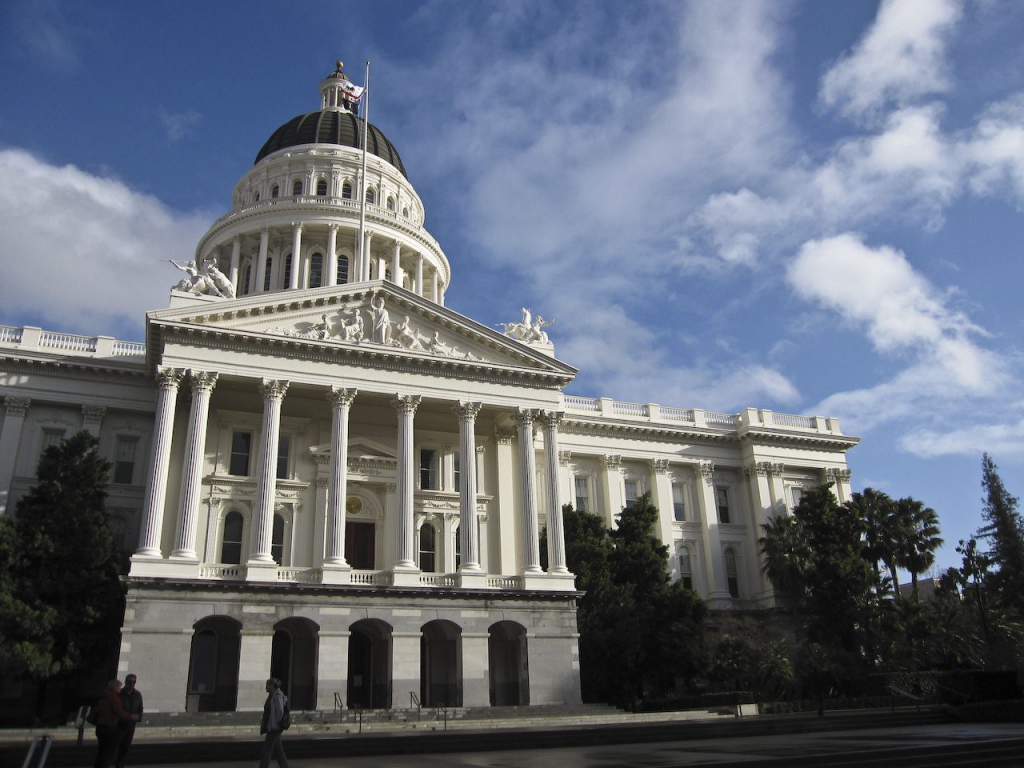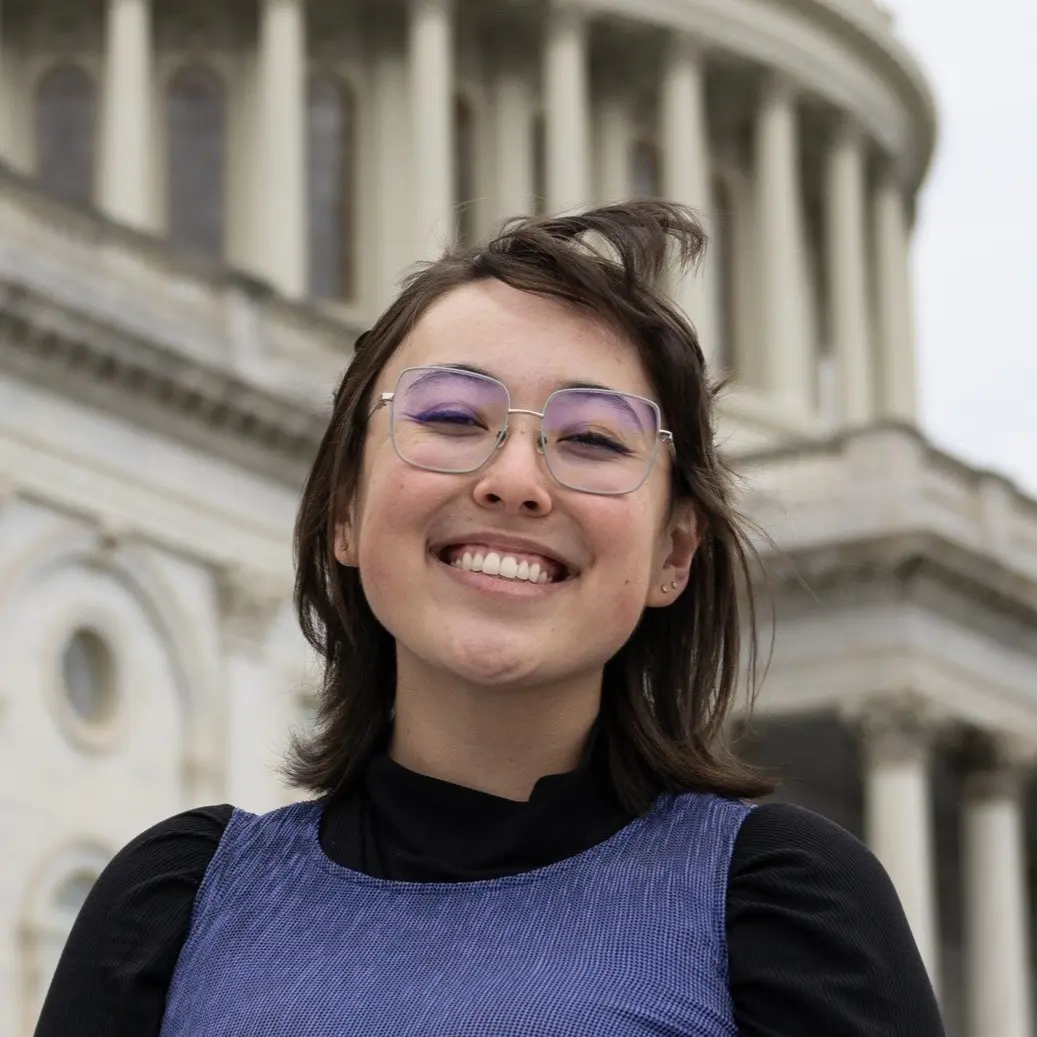
The California State Assembly passed Bill SB-239 last week, decriminalizing HIV-positive status and reducing the penalty for intentionally exposing a person to HIV from felony to misdemeanor. Openly LGBTQ California state legislators helped push forward the bill — which will make easier the lives of many Californians living with HIV.
This is a big first step in the de-stigmatization and decriminalization process of the HIV-positive status. Current law allows for a felony conviction to be handed down to an HIV-positive person, regardless of their treatment status and/or detectability of the virus, and without that person ever having had sexual contact with whom they are “intentionally exposing” to HIV.
38 states currently have HIV-specific laws regarding informed consent and or counseling for HIV-positive persons. In California alone, 800 people have been targeted under HIV-specific law between 1988 and 2014. None of these cases required HIV transmission as a reason to charge an HIV-positive person.
“I am hopeful that this passage will be another step forward for restorative justice and ensure justice for everyone, no matter their gender, race or economic status,” said Shay Franco-Clausen, current Victory Empowerment Fellow and candidate for city council in San Jose, California. “I hope this bill reminds us that HIV and AIDS are still a very important issue for our community, and that education programs and better health access, especially for the LGBTQ community, we are working to end the disease.”
This is not just a big win for the LGBTQ community in California, but for women and people of color as well. According to a 2016 Williams Institute study, less than 13 percent of HIV-positive Californians are women, but HIV-positive women account for 43 percent of HIV -positive criminal cases. Similarly, Latinos and African Americans are 51 percent of the HIV-positive population in California, but make up 67 percent of criminal cases related to HIV-positive legislation.
The bill still requires approval by the State Senate and to be signed into law by California Governor Jerry Brown.


